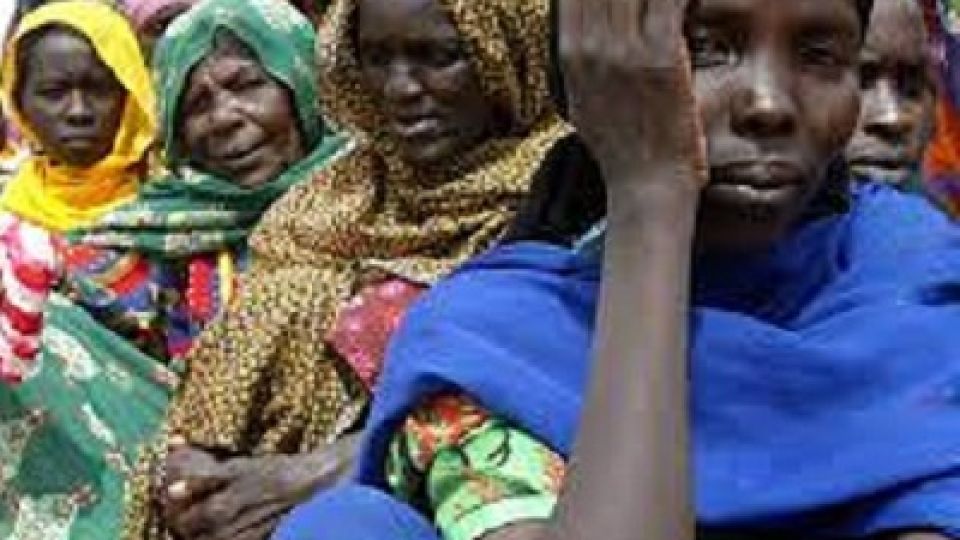from RAJI BASHIR in Khartoum, Sudan
Sudan Bureau
KHARTOUM, (CAJ News) – AS the conflict in Sudan escalates, so are the numbers of civilians fleeing to neighbouring countries.
The rising inflation amid the scarcity of fuel and other basic goods is also making it hard to cope, as goods and services such as transport become too expensive for the majority.
Latest figures by the International Organisation for Migration (IOM) indicates that in the fourth week of the crisis, over 177 000 Sudanese, third country nationals and returnees have fled to neighboring countries. Mixed flow movements are projected to continue to rise if the conflict expands.
IOM, United Nations High Commissioner for Refugees and governmental sources indicate that at least 41 017 people have arrived in Chad, 43 558 in South Sudan, 67 000 in Egypt, 15 885 in Ethiopia, 9 686 in the Central African Republic (CAR) and 810 people in Libya.
“IOM is concerned about the worsening situation in and around Sudan,” said a spokesperson.
“The deteriorating situation is also evident along Sudan’s borders, with a number of its neighboring countries facing their own protracted crises.”
IOM reports that the number of internally displaced persons (IDPs) has more than doubled since last week, to over 700 000.
People are mainly fleeing hostilities in Khartoum (70 percent of IDPs), West and South Darfur states.
Civilians fleeing heavily affected areas have often been caught in the crossfire or been the target of criminal acts.
Heavy clashes between the Rapid Support Forces (RSF) and the Sudanese Armed Forces (SAF) have continued uninterrupted for nearly a month.
Ceasefires have been violated.
Around 500 people have been killed.
The World Health Organisation (WHO) has reported attacks on 28 health facilities, severely weakening the health system’s capacity to support those critically in need.
Mass looting continues and the destruction of water, communication and other community facilities is prevalent, particularly in Khartoum and western Sudan.
Several humanitarian facilities have been looted.
After the ouster of longtime leader, Omar al-Bashir in 2019, Sudan was already in crisis.
At the start of the year, a third of the population (15,8 million people) were estimated to need humanitarian assistance.
“Today, many more are being pushed to the brink of despair,” the IOM spokesperson said.
IOM has reiterated the call by UN Secretary-General, Antonio Guterres, for all parties to cease hostilities, restore calm and dialogue to resolve the crisis as well as enable humanitarian aid.
– CAJ News

